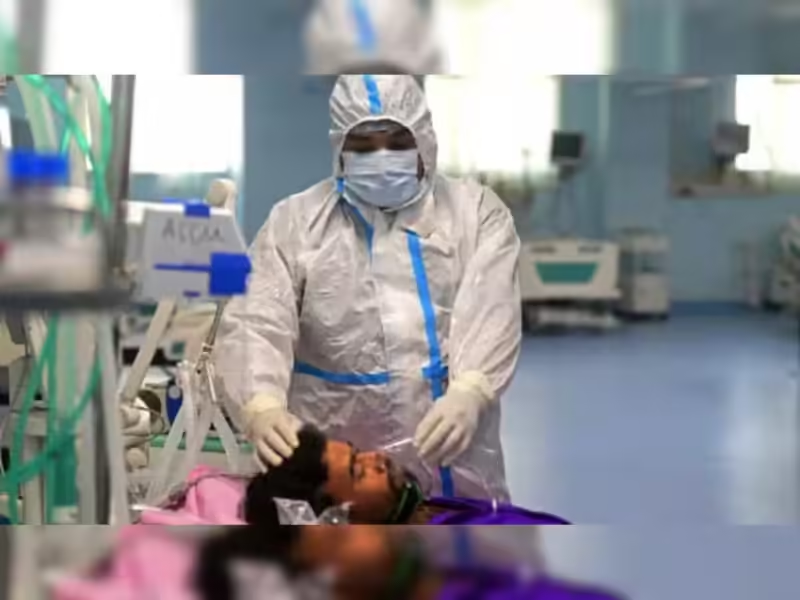In a heartbreaking twist, a 72-year-old Dutch man succumbed to COVID-19, after an incredibly long fight of 613 days. This particular case, reported by Time and supported by research from the University of Amsterdam, unravels the complex nature of COVID-19 and its ability to mutate into distinct variants over time.
The story of the unnamed 72-year-old patient, who fought COVID-19 for over 600 days, has stunned the medical fraternity around the globe. The virus didn’t just stick around in his system for an extraordinary length of time, it also underwent several mutations, giving birth to a new variant that posed fresh challenges for healthcare workers. This case serves as a grim reminder of the unpredictable nature of the virus and the perseverance required to tackle its ever-changing strains.
According to the reports, the patient succumbed to an underlying illness, after a weakened immune system due to the virus.
In February 2022, the patient was infected with the omicron variant of COVID-19, which was once labelled as a “variant of concern” by the World Health Organization (WHO).
He had a blood disorder, and before catching omicron, he failed to have a strong immune response to multiple Covid shots.
Researchers did a detailed analysis of specimens collected from more than two dozen nose and throat swabs. They discovered that the virus developed resistance to sotrovimab, which is a Covid antibody treatment within a few weeks.
What Is COVID Mutation?
The researchers at the University of Amsterdam offer insight into the complex processes behind COVID-19 mutation and its implications for long-term infections. By focusing on this particular case, scientists hope to deepen their understanding of how the virus morphs and changes within one individual over time. The insights gained here could be invaluable in shaping future treatment approaches and improving our readiness to handle similar cases moving forward.
Challenges and Discoveries: What We Can Learn from This Long Fight
The length of the Dutch man’s encounter with COVID-19 emphasizes the need for constant vigilance and research to keep up with the virus’s evolution. As the virus mutates and forms new variants, healthcare systems must rapidly adapt to take on emerging challenges and provide effective care to patients with long term infections. This case highlights the crucial roles of alertness, innovation, and teamwork in the ongoing struggle against the pandemic.











